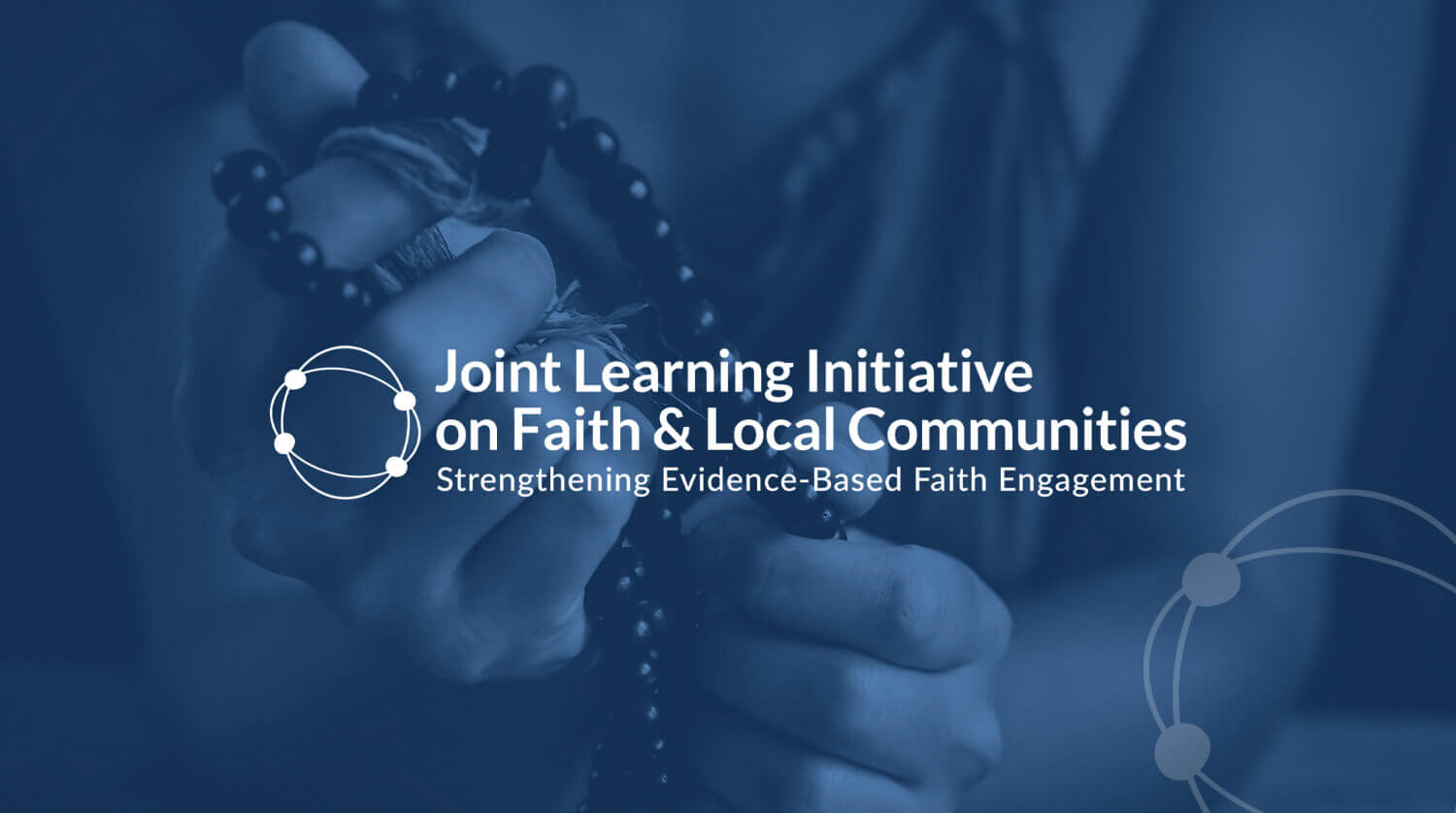The JLI Anti-Trafficking and Modern Slavery Hub is beginning a Hub scoping study on the roles of local faith communities in Anti-Trafficking and Modern Slavery[1]
We are gathering literature from academic repositories, and turn to the Hub members to fill in the gaps.
Key questions:
- What evidence exists of local faith communities [2] working with victims and survivors of AHT/MS?
- How do the theological reflections of local faith communities on issues of trafficking and slavery influence their approaches?
- What lessons can be drawn from the ways that local faith communities approach initiatives that relate to AHT/MS?
We are interested in any examples that illustrate dynamics around religion and anti-trafficking. We invite you to:
-
- Submit relevant materials and references. This is to ensure that we have all the main material covered. We are looking for materials that provide key insights into the ways in which religion affects anti-trafficking and modern slavery, such as the role of local faith communities in response. This can include a diverse range of documentation from the grey literature: research reports, web links, policy briefs etc.
- Submit case studies. A case study is a specific example of work from your organization or one of your partner organisations (of programs or projects, etc.) that highlights the role of religion and/or local faith communities in ending trafficking and modern slavery. We will also be considering cases where LFCs may be negatively involved in trafficking.
-
- Participate in an interview or recommend contacts for interviews *Not all case studies will be selected for interviews but please provide a contact name and email
Interviews can be in place of a case study, as specific cases can be discussed during the interview.
While we invite all contributions on topics related to religion and anti-human trafficking and modern slavery, we are particularly seeking information in the following areas.
- Sex trafficking
- Organ and body parts Trafficking
- Labour Trafficking –land
- Labour trafficking – maritime
- Domestic servitude
- Children (soldiers or child marriage)
- LGBT communities
[1] The full study outline can be found here
[2] Defining local faith communities:
- Congregations, mosques and temples, etc.
- Local/national/indigenous faith-based development or charitable organisations (i.e. local FBOs)
- Local and national multi-faith-based networks
- Local and national faith leaders
Note: international FBOs working on this issue, unless they are partnering with an LFC, will not be examined in this scoping study. Also, the principal focus of the JLI is local faith communities based in the global South, or in ‘developing countries’.






